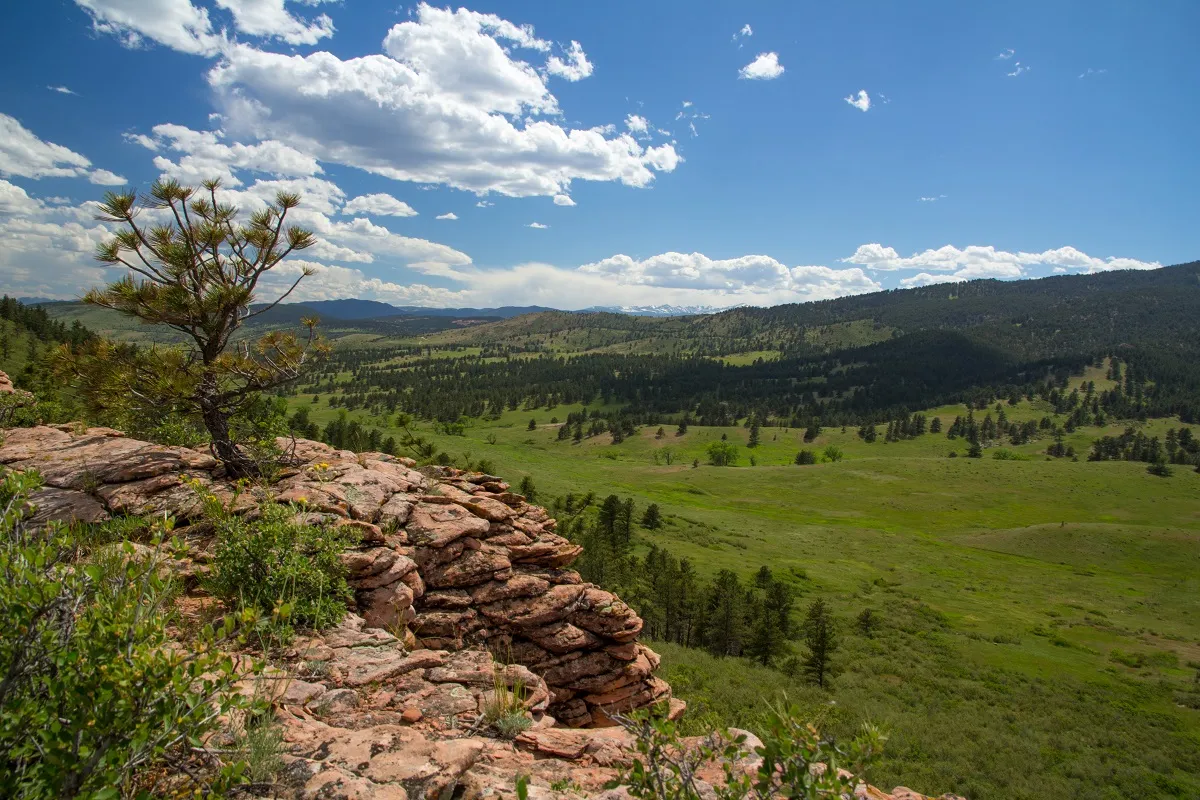Larimer-Thornton water dispute still unresolved after appeals court ruling
FORT COLLINS and THORNTON — The city of Thornton is again considering its options after being dealt another setback in its lengthy efforts to build a pipeline that would carry water it owns through Larimer County for delivery to the growing northern Denver suburb.
The Colorado Court of Appeals on Thursday upheld a Feb. 11, 2019, decision by the Board of Larimer County Commissioners to deny Thornton’s application for the initial 27-mile-long, 48-inch-diameter Larimer segment of a 72-mile-long pipeline that would carry water from farmland it owns northwest of Fort Collins eastward into Weld County, then south through Weld and Adams…
THIS ARTICLE IS FOR SUBSCRIBERS ONLY
Continue reading for less than $3 per week!
Get a month of award-winning local business news, trends and insights
Access award-winning content today!





